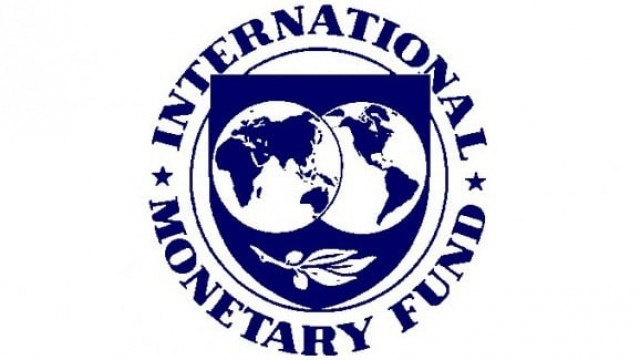IMF negotiations to conclude today
Tranche worth $1.3 billion contingent upon delegation’s report.

Pakistan’s delegation will be led by Minister for Finance Dr Abdul Hafeez Shaikh while the IMF delegation will be led by Adnan Mazarei.
Discussions will be held on the progress towards the targets set by the IMF for the release of the next tranche of $1.3 billion under its standby arrangement (SBA). Targets for the economy for the current fiscal year will also be discussed and finalised.
If negotiations prove successful, then the case for the release of the next tranche will be presented before the IMF’s executive board at its meeting on December 17. The board will take a decision based on the recommendation of the IMF delegation.
According to sources, it is expected that the target for Gross Domestic Product (GDP) growth will be 2.8-3 per cent, inflation target will be 13-14.5 per cent and fiscal deficit will be targeted at 4.5 per cent of GDP. Targets will be finalised during the negotiation process.
Sources said the IMF is pressuring the country to keep fiscal deficit to a minimum. The IMF has also pointed out the country’s poor track record and said it is important for the country to honour the conditions, said sources.
The IMF has also pressed the importance of levying the reformed general sales tax and eliminating all subsidies on electricity.
Sources indicated that Shaikh, along with Secretary for Finance Salman Siddique, State Bank Governor Shahid Kardar and Planning Commission Deputy Chairman Dr Nadeemul Haq met with the president on Tuesday to push through reforms that might be used to successfully negotiate with the IMF.
RGST talks
Federal and provincial representatives will meet again on Wednesday to resolve the deadlock over the draft of Reformed General Sales Tax (RGST) bill between Sindh and the federation. The row is over collection of tax from seven service categories including stock brokers, commission agents, clearing and forwarding agents, studios, shipping agents, customs agents and courier services.
Sindh maintains that since the input tax adjustment on the seven services is a mere 0.1 to 1 per cent, it will not hand over the responsibility of their collection to the federation.
If the deadlock is broken, the government will not only be able to finalise the RGST draft and present it to the federal parliament for approval, it will also help them in their ongoing negotiations with the IMF.
Published in The Express Tribune, November 3rd, 2010.



















COMMENTS
Comments are moderated and generally will be posted if they are on-topic and not abusive.
For more information, please see our Comments FAQ